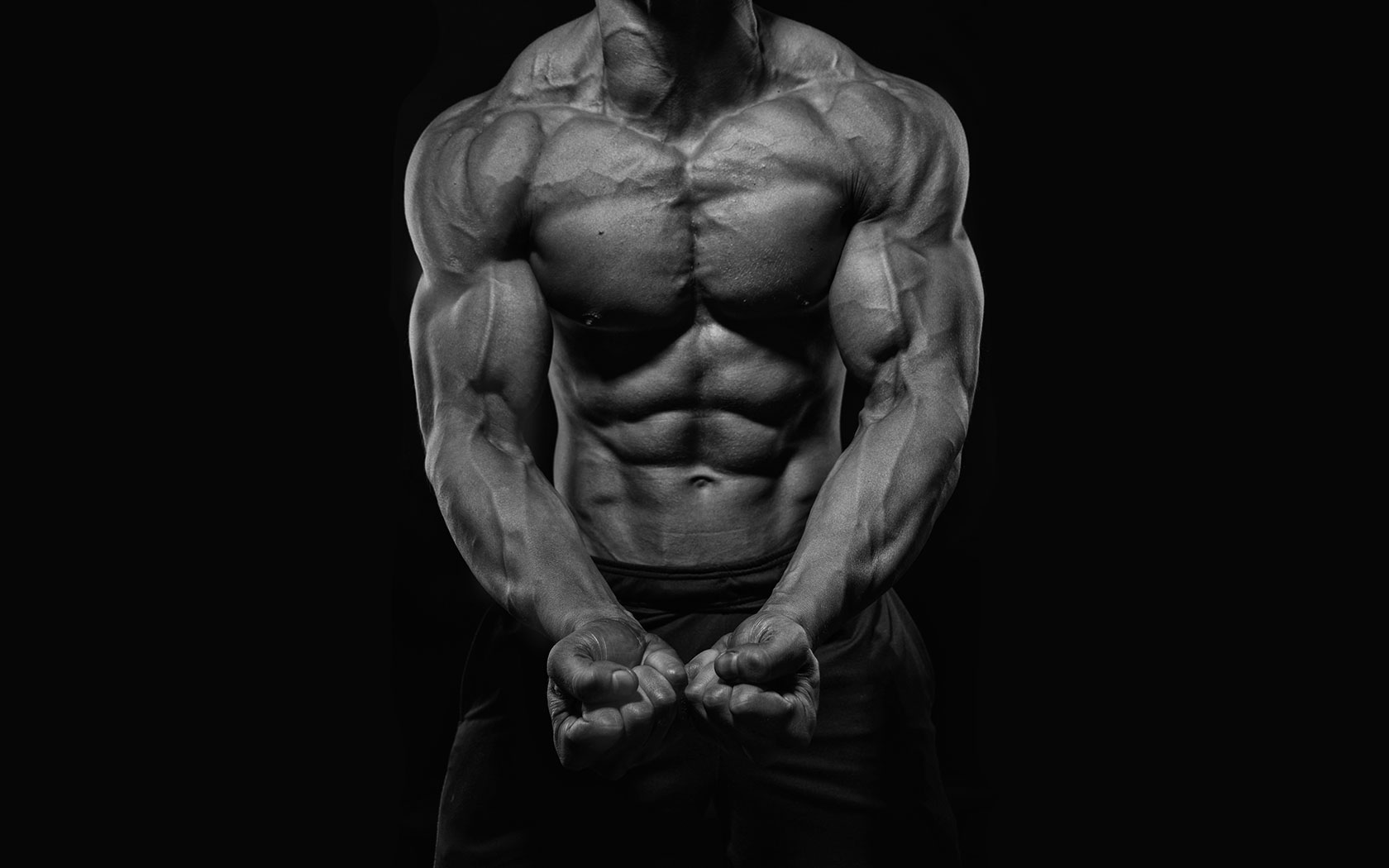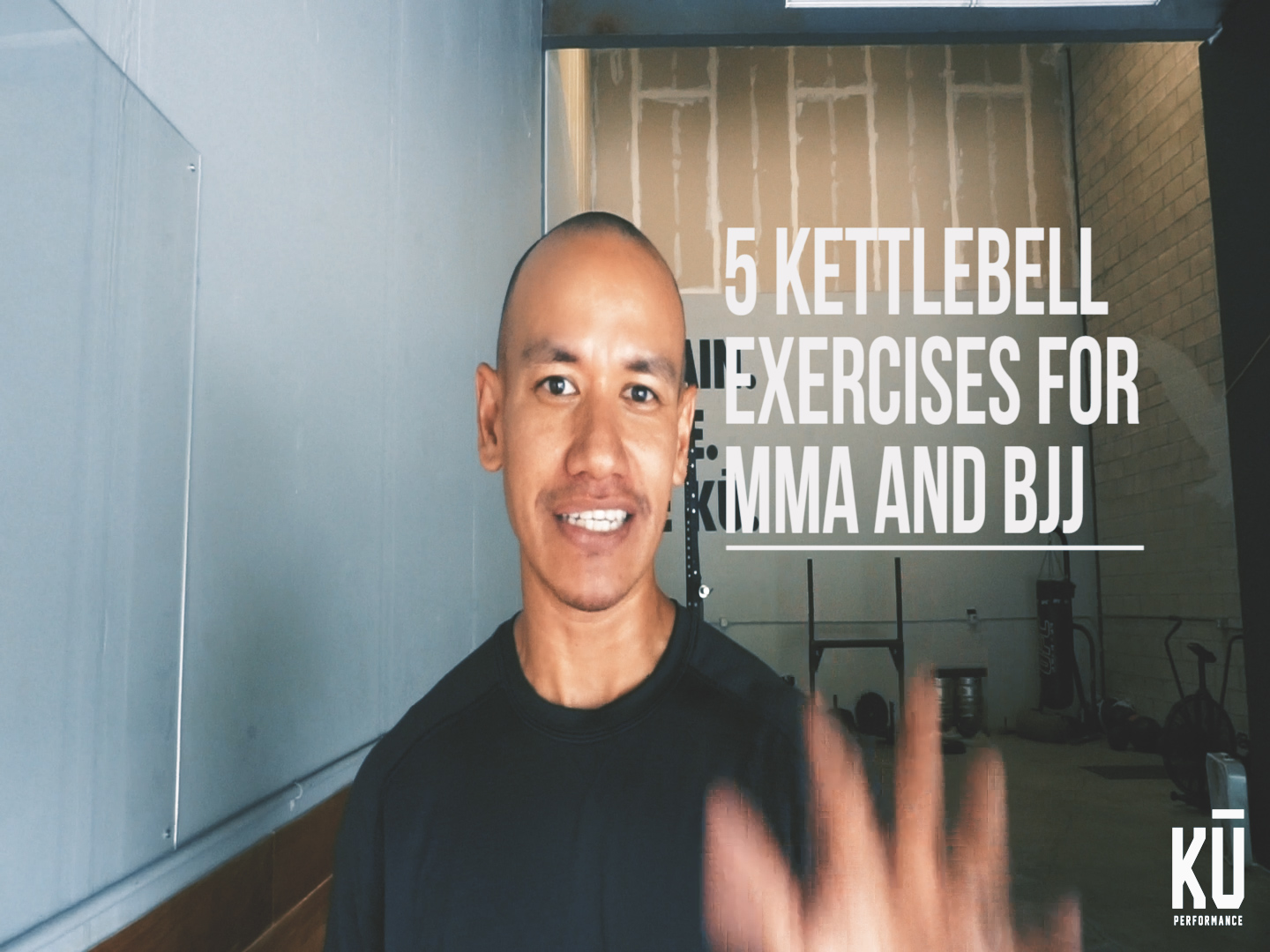You come across nutrition and diet information on a daily basis. Maybe you are on or consider doing some complex diet to get you ready for summer. It’s funny when you hear people wanting to get ready for summer in Hawaii when it’s pretty much beach season all year round.
But let’s make one thing clear. When it comes to fat loss or gaining quality lean muscle, nutrition is the most important factor. You can’t outwork a crappy diet.
Some may think, but I know a guy who eats McDonald’s and has a six-pack. I know someone like that too, but I can be honest with myself and say, I’m not ‘that guy. I’m the kind of guy who looks at Krispy Creme and gains weight and has to bust my ass during training to get results. Unlike some who just need to look at the weights and they can get in shredded.
Okay, maybe there’s another thing you should know – when it comes to starting a healthier and stronger diet, it goes beyond changing what you eat.
Some programs out there just give you a list of foods to eat, tell you to weigh this many grams of that, have this much protein per meal, don’t eat carbs after a certain time, don’t mix fat and carbs together, and these other complex rules you have to follow. As if you don’t have to think about enough already in life.
These complex plans expect you to change everything you’ve done over several months, years, or your whole life and they praise that you’ll be hardcore if you stick with the plan. How many times have you come across someone who’s on a strict diet and is hating life and super moody?
A bunch of researchers studied how long people were able to stick to ‘complex’ diets because they hypothesized that a weight loss diet will fail if it were too complex. One of the programs they studied was Weight Watchers and found ‘perceived rule complexity was the main factor that caused the increase of people quitting. It was too much for people to think of all the points and substitutions. Appetite. Volume 54, Issue 1, February 2010, pg. 37-43
Remember, absorb what is useful, reject was is useless and make it specifically your own. And from the research shared above, tracking points and foods don’t work. You need to keep things simple. You are not changing your diet, you are changing your lifestyle behaviors.
That is where the Kū Way to Nutrition comes in. You should stop thinking about going on diets for X amount of time because this is what usually happens.
- You start a diet with a meal plan you found in a book or article that promises results in X amount of weeks. Cool.
- On the diet, you come across challenges when your social life tempts you to stray off the diet. But you stand your ground and stick with the rules.
- You become a little moody because you start craving certain foods. For me, it’s always donuts and pie which I gladly still eat today.
- You finish the diet that lasted for X amount of time, you lose some weight and satisfied with how your body transformed.
- Diet is done and you are stoked.
Then what happens next?
- Well since the diet is done, you tell yourself you will ease your way back into eating other things that were restricted during the diet.
- But then a weekend comes filled with parties and late nights. So much for easing things back in.
- You get back to your normal eating habits because it’s comfortable and you don’t have to think.
- You begin to put weight back on and it’s coming on fast.
- Within half the amount of time you were on the diet, you’ve already gained back the weight you lost and now you are frustrated.
- So, what do you do next? You start another diet or try some crazy detox juicing bullshit.
It’s Beyond The Food
If you think you need to start a diet, you already have the first part done – you think your own diet looks like crap.
This would make your search on the internet for diets or dust off that diet book you bought years ago. But doing this usually makes the above scenario happen all over again. Rather than focusing on the food, look at your habits.
Everyone has a basic understanding of what’s healthy and unhealthy, so you have to look at the behaviors and habits that cause the unhealthy. For example, the candy/cookie jar at the office, drinks after work, coffee and donuts, plate lunches for every lunch, weekend binges, boredom eating, and so forth.
These are the areas you need to focus on. Not the foods.
Don’t try to justify eating badly with working it off later. You will see this in the mornings during the weekends or Mondays, with the cardio section at gyms filled with people trying to work off the weekend’s festivities or the night’s late-night Jack in the Box run.
Reality Check. If you overate and enjoyed a night full of drinks and bar food, there is no way you can work it all off in one day. It’s not going to happen. One fast-food meal contains around 1200-3000 calories. To put things in perspective, elite athletes have a hard time burning 1000 calories in an hour. So the first thing in the morning cardio session on an empty stomach is really just a waste of your damn time and you are nurturing a bad habit.
In June 2014, I competed in Men’s Physique at the Ikaika Bodybuilding Competition. When preparing for a competition, the majority do mind-numbing cardio, meal prep, weigh out their meals, freak out on their macros, and complain about how shitty they feel. My experiment was to prepare for the competition without measuring or weighing any food, no meal prep, and NO cardio. Yes, NO cardio.
The Kū Approach to Nutrition
A friend asked, “Can I follow your diet plan?”
“Nope,” I replied.
“Is it a secret or something?”
“No, my diet won’t work for you because it’s my diet I can teach you how to create your own diet?”
“I need a plan to follow,” he responded.
So just to give him an example of my ‘so-called’ diet plan, I shared with him my secret plan:
My Typical Diet
- 7:00 AM – breakfast of 3 egg omelet and bacon, maybe some fruit or sweet potatoes if I want.
And that’s the only constant thing. Everything else is adjusted to my day. Sometimes I won’t eat until two in the afternoon, which consists of protein, veggies, and some carb source because I usually train at 4 PM.
Somedays I’ll eat all day because I’m feeling hungry. On weekends, I enjoy a couple of drinks and desserts. Burgers and Fries? Sure.
If I want to shed off some fat, I take out the desserts and lessen the drinks. Burgers, Fries, and Pizza? They stay.
My friend looked at me as if I was being an ass and not telling him the truth. But when I explained to him that I don’t follow a specific plan or rules and that I look at the types of food I’m eating for the particular day I’m having.
With this approach, you have more flexibility and freedom. But it does take a process and learning curve to have an understanding of the approach.
Tools You Need to Build a Healthy Diet
First, I really dislike the word diet simply because it has the word DIE in it which indicates that at some point there will be an end, and then what? I just use it because it’s a standard word for understanding.
SUPPORT
When it comes to changing your eating habits and diet, it’s difficult to do it on your own. You need to make your goal and mission known to those with who you spend the most time around to get them on your side rather than trying to sabotage your mission.
This will be difficult for some. This may mean you might have to change up your social and work environment to ensure that you don’t have people giving you a hard time or teasing you. It’s amazing how some people get so defensive when others try to make healthier changes in their lives.
When it comes to any sort of success or creating positive change – you have to surround yourself with a positive support group that lifts you up rather than try to bring you down. Your friends may be thinking they are joking with you when they give you a hard time, but one thing for certain is that they aren’t helping you.
FLEXIBILITY
Planning is great and prepping your own meals definitely saves a lot of money when compared to eating out all the time, but some days won’t always be perfect. Don’t stress out and freak that you forgot to pack a meal or that you are at a work lunch and they don’t have the best options for you. Pump the brakes and breathe. The world isn’t going to end.
If you haven’t tried this before – start a food journal where you log in the foods you eat and how you felt after eating the foods. You don’t have to measure the calories or macronutrients, just the foods and how your body feels. This will give you much more value than learning how to measure your food. It will identify which foods make you feel sleepy and sluggish, and which meals bring you energy and focus – the sweet spot!
EAT REAL FOOD
One of the most recent diets I experiments with and suggested to several people was the Whole30, which focused on just eating whole foods. For me, it was simple. But the people I recommended it to were amazed at how they could lose weight and still feel like they were eating and not on some crazy restrictive diet.
There’s nothing fancy or groundbreaking with this approach. When you focus your diet on real whole foods, there are more nutrients and density to the calories which make the food absorb slower and make your body work on digestion.
It’s Your Diet, It’s Your Life
I enjoy teaching people how to be independent. When people ask me, what I do, I share that I am a Peak Performance and Human Potential Coach. And in order to live out of full potential, we cannot be dependent on someone or something.
I want you to have a stronger lifestyle, a Kū life. I want you to get a hold of your nutrition because your nutrition brings you energy, well-being, health, lower body fat level, and results in a strong and lean body, a Kū body.
When you approach nutrition, look beyond the food and instead focus on the environment you are in and the habits you have. If you know that every time you go to Starbucks you get a pastry, maybe you should start making your own coffee at home. It’ll also save you money.
Or if your friends aren’t the best support group, maybe you need to find better friends or a place you can go to get support. It’s not a diet you are following, it’s a lifestyle that you create for yourself that brings you strength.
What challenges do you have when you try to make healthy eating habits?






One Response
Great article! As you pointed out, DIET is the most important part of being fit and healthy. As long as we’re eating whole foods, there is no reason we can’t enjoy the types of foods that we’re so accustomed to. I have trouble slimming down on burgers and fries, but I also notice that those foods severely impact my training performance as well. When I think about what is more important to me – my goals or a sweet indulgence – the goals always win and my diet creates itself.